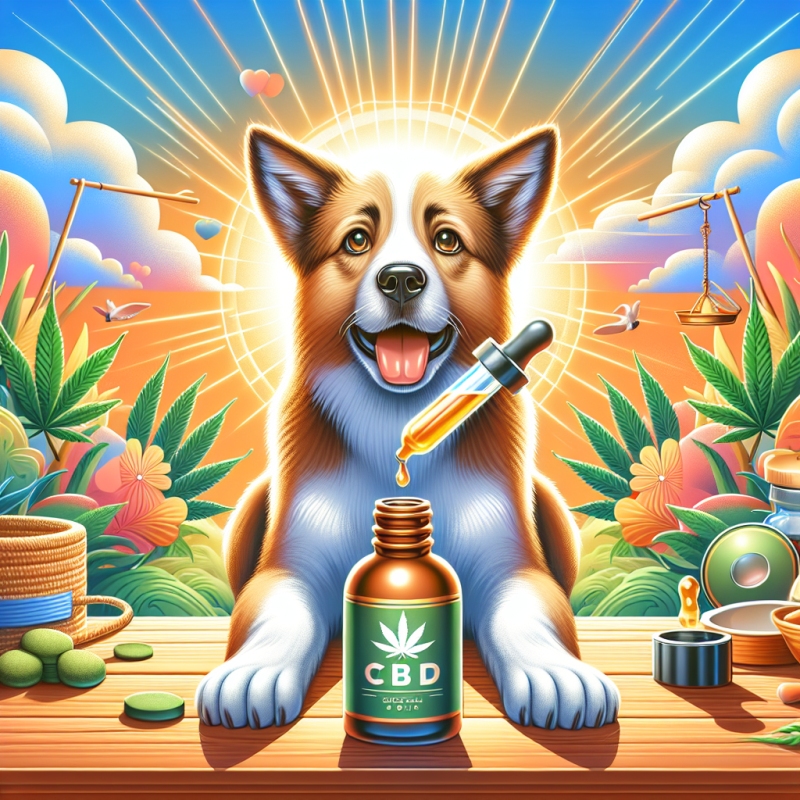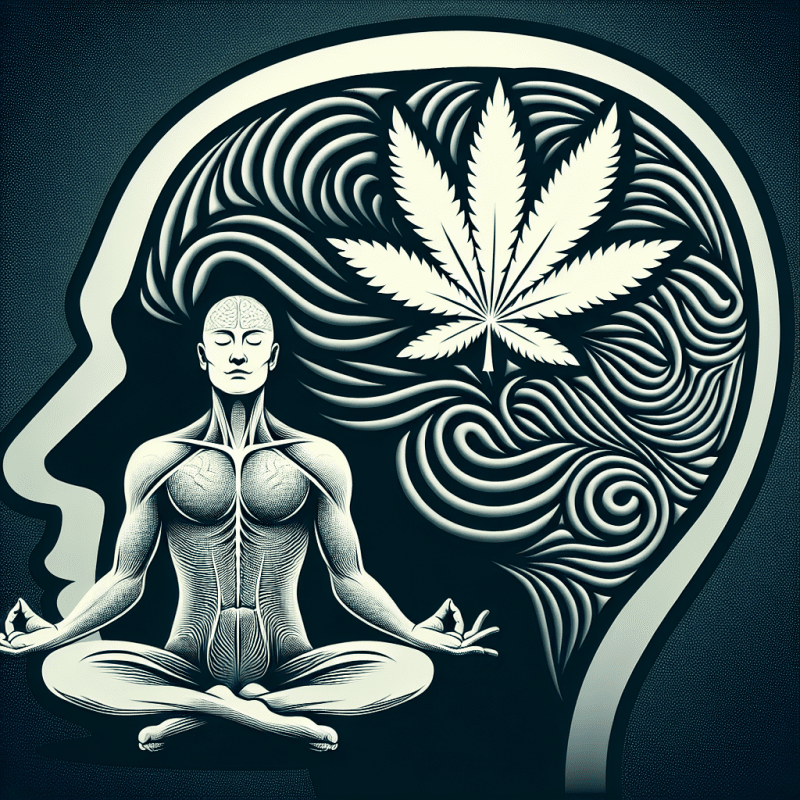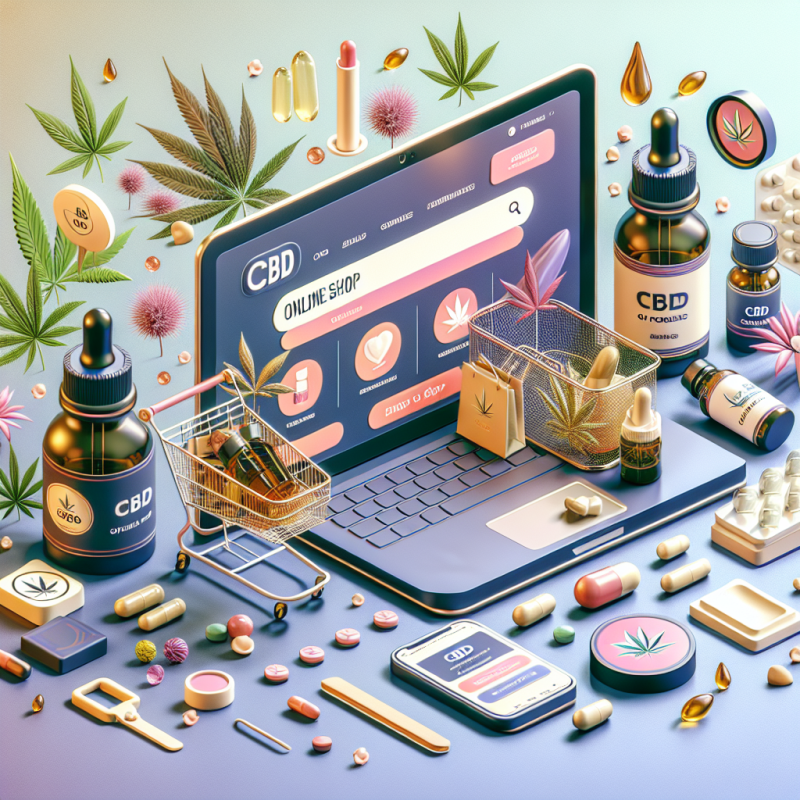When it comes to CBD legality, it can feel like a bit of a maze. Each state has its own rules and regulations, which can be confusing. First, let’s break down the basics. CBD, short for cannabidiol, is derived from hemp, which is legal in most states under federal law as long as it contains less than 0.3% THC. But remember, just because it's legal federally doesn’t mean it is in your state.
Here’s what you should know:
Keep in mind that the CBD legality landscape can change, so it's essential to keep yourself updated. Changes in legislation can happen quickly, and staying informed will help you stay on the right side of the law while enjoying the benefits of CBD.
State-by-State Breakdown of CBD Regulations
Understanding CBD legality can be tricky since it varies from state to state. Each area has its own rules and regulations regarding the sale, possession, and use of CBD products. Here's a quick look at how different states approach CBD so you know what to expect.
California: In California, CBD is legal for both medical and recreational use. You can find CBD products in shops and online, but it's essential to check the labels and make sure they meet state guidelines.
Texas: Texas has made strides in CBD legality over recent years. If the CBD product contains less than 0.3% THC, it’s legal. However, restrictions on sales and usage still apply, so be sure to stay informed.
New York: New York fully embraces CBD legality. You can find it in various shops, restaurants, and cafes. Keep an eye out for certifications or lab tests that show the product’s quality and safety.
Florida: Florida allows the sale of CBD products as long as they meet federal regulations. You can purchase them in stores, but always check if they’re derived from hemp and have appropriate testing for potency and safety.
How to Verify CBD Legality
When it comes to CBD legality, it’s essential to know where your state stands. Laws can change pretty quickly, so staying informed is key. Here’s how you can easily verify the legal status of CBD in your area:
Remember, regulations can vary widely even within the same state, especially in places with different municipalities. Double-checking local ordinances can save you from potential legal headaches regarding CBD legality. And, if you’re ever in doubt, consulting a legal expert can provide peace of mind.
Your Questions About CBD Legality Answered
Many people are curious about CBD legality, especially since it seems like new laws pop up all the time. Understanding the rules can feel like navigating a maze! Let's clear up some of the most common questions you might have.
Is CBD legal everywhere?
Not quite! While the 2018 Farm Bill made hemp-derived CBD legal on a federal level, each state has its own rules. Some states are more lenient and allow CBD for all uses, while others have stricter regulations. It’s crucial to check your specific state's laws to get the full picture.
What about THC in CBD products?
This is an important part of CBD legality. Many CBD products need to contain less than 0.3% THC to be legal federally. Some states, though, might have different limits, or even require products to be completely THC-free. Always read product labels to understand what you’re getting.
Can I buy CBD online?
Yes, you can buy CBD online, but it’s essential to make sure you're purchasing from a reputable source. Look for brands that provide third-party lab testing to confirm their products meet legal standards. This ensures you’re getting a product that’s not only legal but safe to use!


